Data-Driven Study Progress Evaluation for the 2022 and 2023 Cohorts, Evidence-based advising to improve on-time completion and strengthen internal quality assurance
In line with national regulations from the Ministry of Education, Culture, Research, and Technology (MoECRT), master’s students have a maximum study period of four years, with on-time completion expected in two years. Program monitoring by the MPH Program Coordinator and academic staff flagged a subset of students who have passed the two-year mark, indicating a risk of extended time-to-degree and potential overrun.
To respond proactively, an online evaluation meeting was held on August 12, 2025, with the Program Coordinator, academic administrators, and 34 students from the 2022 and 2023 cohorts. The session aimed to quantify the scope of the issue, surface barriers faced by students, and co-develop feasible solutions to support timely completion based on real-time data.
The meeting opened with a brief refresher on study-period rules and program standards encouraging students to prioritize thesis milestones. A short Google Form captured each student’s current thesis stage and key obstacles. The survey results provided a clear snapshot of cohort status: 16 students (?47%) remain at the proposal stage due to issues such as family illness, time-management constraints, ongoing coordination with supervisors, and pending quality-control requirements; 13 students (?38%) have passed proposal defense and are completing revisions, securing research and ethics approvals, and progressing with data collection; 5 students (?15%) have reached the results seminar or thesis defense stages. Most students set a realistic target to graduate in Semester 5, creating a measurable commitment baseline.
Data immediately informed action. Case notes for students who have not finalized proposals will be shared with their academic advisors to intensify guidance and expedite proposal completion. For students’ post-proposal but pre-results seminar, progress briefs will be sent to thesis supervisors to resolve bottlenecks quickly. At the program level, dissemination of proposal and results-seminar schedules will be strengthened—moving beyond WhatsApp groups to the MPH website (https://s2ikm.unud.ac.id/)—and added as a standing agenda item in routine meetings to serve as periodic reminders.
The program also committed to a simple KPI set to track improvement over time: proportion of students completing proposals within the next academic block; median days from proposal defense to start of data collection; share of students reaching results seminar within one semester of ethics approval; and the percentage graduating by Semester 5. These indicators will guide targeted interventions and allow transparent reporting of progress to students and faculty.
Grounded in cohort-level data, this activity exemplifies the program’s internal quality assurance cycle—diagnose, act, and monitor—driving targeted academic guidance and reinforcing compliance with national study-period regulations. Enhanced communication channels and a clear KPI framework improve transparency, scheduling, and information access; strengthen student support and advising; and advance continuous quality improvement toward timely thesis completion and on-time graduation—aligning with values on evidence-based, effective governance; student-centered learning; robust academic guidance; learning resources and support services; and demonstrable graduate outcomes.
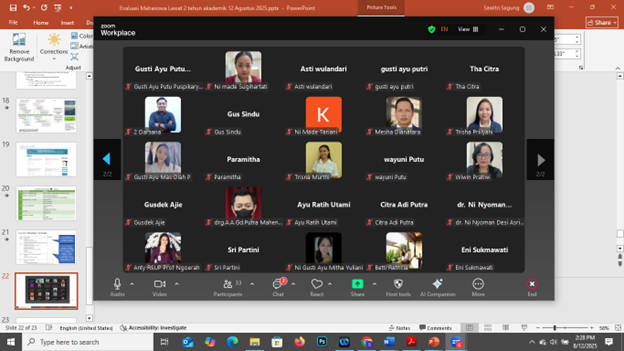
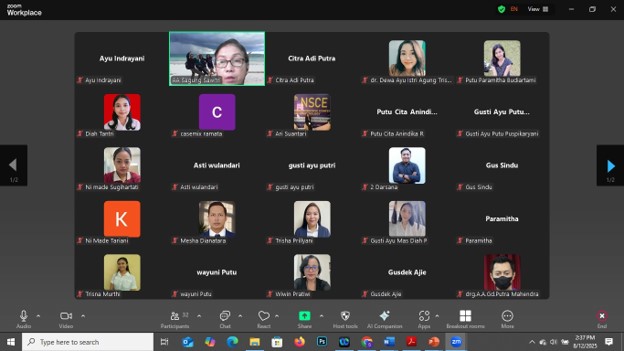
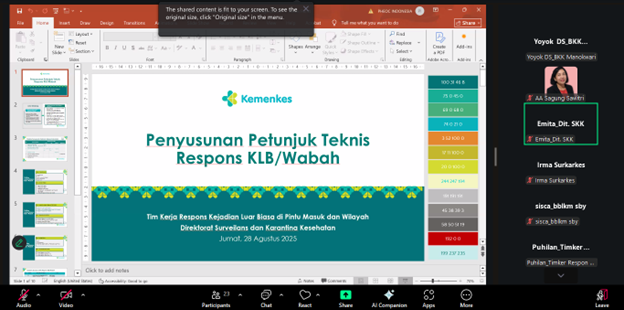
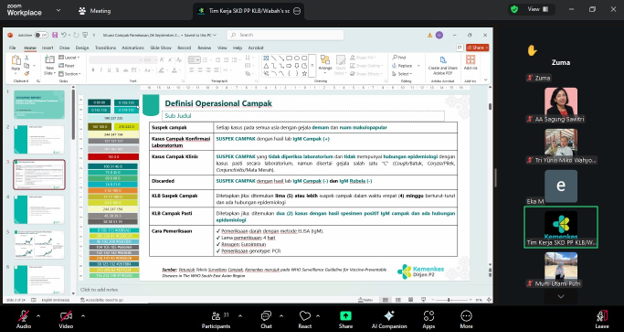
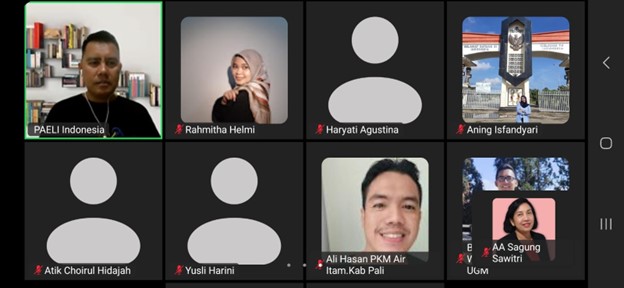
MEDICAL FACULTY